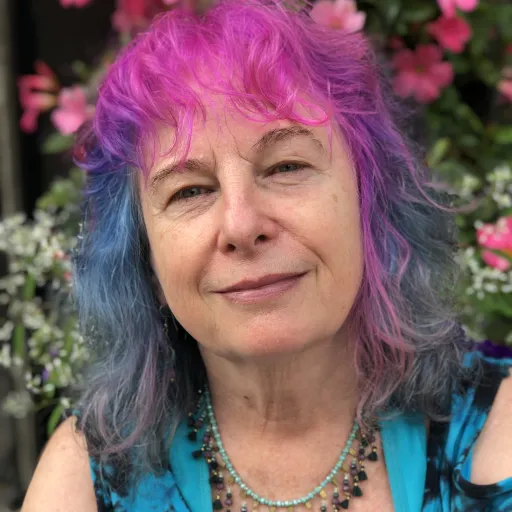On Writing Poetry
Poetry. For those who make language our art, the very word is a source of power. It is our pulse, our bloodbeat.
The best poetry begins with the body, Living pulse, real bloodbeat. Breath rhythm. Words come together; ideas and feelings form. Metaphor emerges as the most elemental music.
Donald Hall talks of “goatfoot, milktongue, twinbird”: pleasure of movement, pleasure of sounds in the mouth, pleasure of knowing one can create and connect them. Yes. Poetry dances, sings, in artistic vision. Moving itself, it moves others.
Here is a way to approach making poetry. Recall an experience. Let it flow into your head into your body until you know fully again what is now memory. Open all your senses: see, hear, smell, taste, touch again what you lived. Focus on one moment. Feel it completely. Do not try to understand it yet. Tell about it. Let the words come. Are they questions? Answers? Write so the reader and listeners respond with their senses, so that they let their bodies think. Do not explain: reveal. Let the image you create work for you. Ask the poem to talk, silently and aloud. People will listen and hear.
Only such poems are poetry, the art to which people turn when they need to live again the stories, old and new, which are the significance of life. Rhyme may be a part, traditional form may be a part; but they are not poetry.
“Make it new,” said Ezra Pound. He meant to take the deep and shape it wide, love and death and laughter. Take the sun which everyone knows and craft from it startling rainbows, light people need in their sky.
Do not bring everything—all sense and meaning—to us, but make us reach for it. Make us want to. Delight. Above all, write real; all out lives depend on it.
